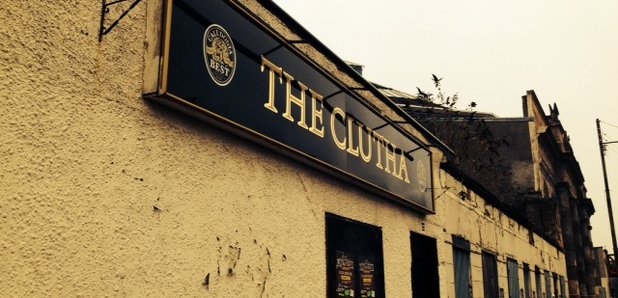Clutha Pilot may have been "dangerously misled" by error in manual, inquiry told
10 April 2019, 14:15 | Updated: 10 April 2019, 14:17

The pilot of a police helicopter which crashed into a pub killing 10 people could have been "dangerously misled" by an error in a maintenance manual, a fatal accident inquiry has heard.
Pilot David Traill, two crew members and seven customers in the Clutha bar in Glasgow were killed when the aircraft crashed on to the roof of the building on November 29, 2013.
Marcus Cook, senior inspector at the Air Accidents Investigation Branch (AAIB) was questioned by Donald Findlay QC, representing the family of victim Robert Jenkins, at the inquiry on Wednesday.
Mr Findlay asked Mr Cook if the pilot would have three to four minutes from one engine on the helicopter flaming out due to fuel shortage and the second doing so.
Mr Cook said it would not be minutes, but kilograms of fuel.
He said: "The maintenance manual is incorrect. It would be three to four kilograms - hence about a minute."
Mr Cook said he did not know how the mistake occurred and the maintenance manual had since been changed.
Mr Findlay asked: "If the pilot Captain Traill knew about the gap and understood it to be three or four minutes, he had been badly misled?
"If he knew," Mr Cook replied.
"And dangerously misled," Mr Findlay added.
Mr Cook said: "Your words."
Mr Findlay asked: "Is there anything wrong with my words?"
"No," Mr Cook replied.
He said it was "probably but maybe unlikely" that the pilot was aware of the manual as it was for maintenance.
He said the pilot would have had 40 seconds to react when the first engine flamed out.
When the second engine followed, there would have been less than 10 seconds to react.
He said there were indications the pilot attempted to have the helicopter auto-rotate to land with some degree of safety, but this did not work.
Mr Cook said the first low fuel light, of five fuel warnings, would have come on when the pilot was around Bothwell, which is about 11 road miles from Glasgow city centre, and at that time he would have been expected to land within 10 minutes.
The inquiry heard the AAIB report indicates the helicopter then went to Uddingston and Bargeddie.
Mr Findlay asked: "Why would anyone with the warnings and the knowledge of the amount of fuel on board then carry out an operation at Uddingston, let alone going on to Bargeddie, in that situation?
Mr Cook said: "I've absolutely no idea," adding that he would not have done so.
Mr Findlay asked Mr Cook how the crash happened.
He replied: "Unfortunately we could not come to a positive conclusion apart from not landing in 10 minutes."
The purpose of the FAI is to determine the cause of the deaths, establish whether they could have been prevented and enable the sheriff to make recommendations that could prevent fatalities in similar circumstances.
More than 100 people were at the Clutha Vaults pub when the helicopter, returning to its base on the banks of the River Clyde, crashed through the roof.
The inquiry is expected to involve around three months of evidence spread over six calendar months this year.






















